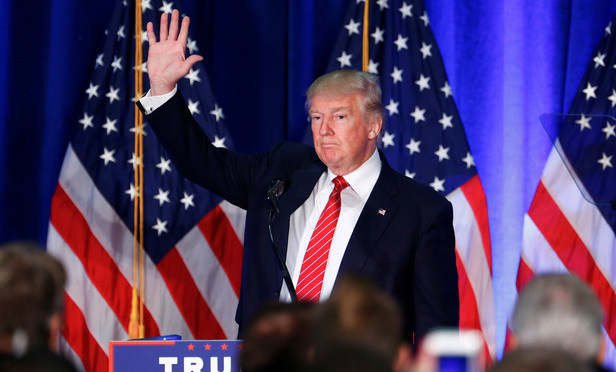Over the past two weeks, Donald Trump has outlined his economic plan and his national security plan, reiterating some of the primary tenets of his campaign: The United States is threatened by a host of actors outside of our country, including China, South Korea, Mexico and the Islamic State group.
In his descriptions, the threats are manifest in various ways — immigration, unfavorable trade agreements, offshoring and outsourcing, and currency manipulation, to name a few. Trump’s positions on trade and national security articulate a muscular U.S. response to these threats, but provide very little detail on the statutory authority to advance his agenda other than a reference to the Patriot Act as a basis for compelling Mexico to construct a border wall. This raises the question: How would he implement his international economic and national security vision under U.S. law?
This content has been archived. It is available through our partners, LexisNexis® and Bloomberg Law.
To view this content, please continue to their sites.
Not a Lexis Subscriber?
Subscribe Now
Not a Bloomberg Law Subscriber?
Subscribe Now
LexisNexis® and Bloomberg Law are third party online distributors of the broad collection of current and archived versions of ALM's legal news publications. LexisNexis® and Bloomberg Law customers are able to access and use ALM's content, including content from the National Law Journal, The American Lawyer, Legaltech News, The New York Law Journal, and Corporate Counsel, as well as other sources of legal information.
For questions call 1-877-256-2472 or contact us at [email protected]






